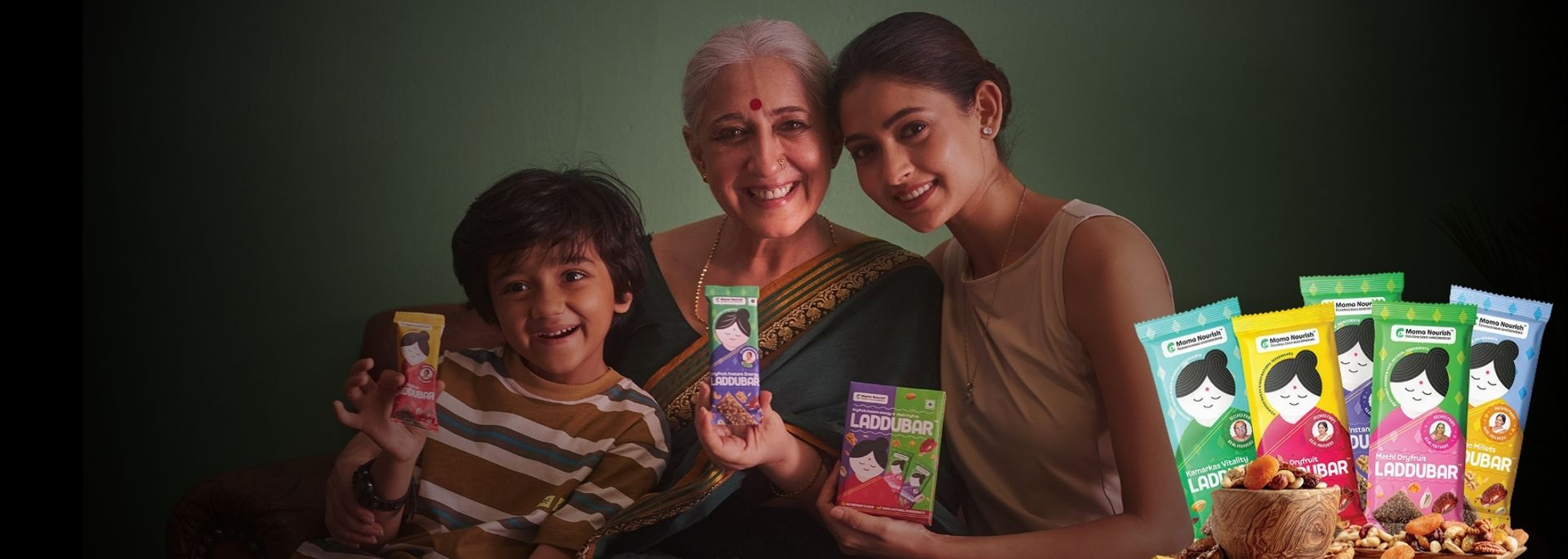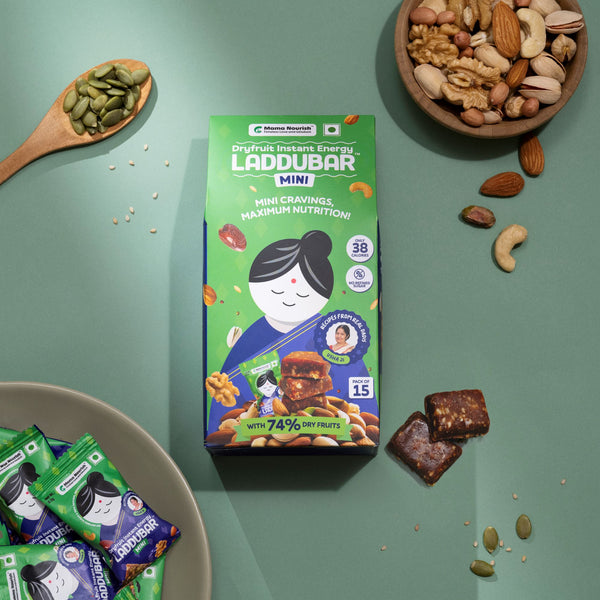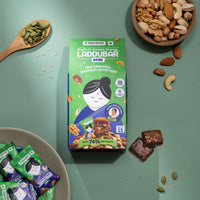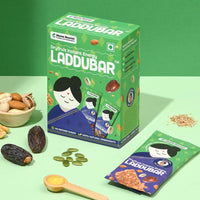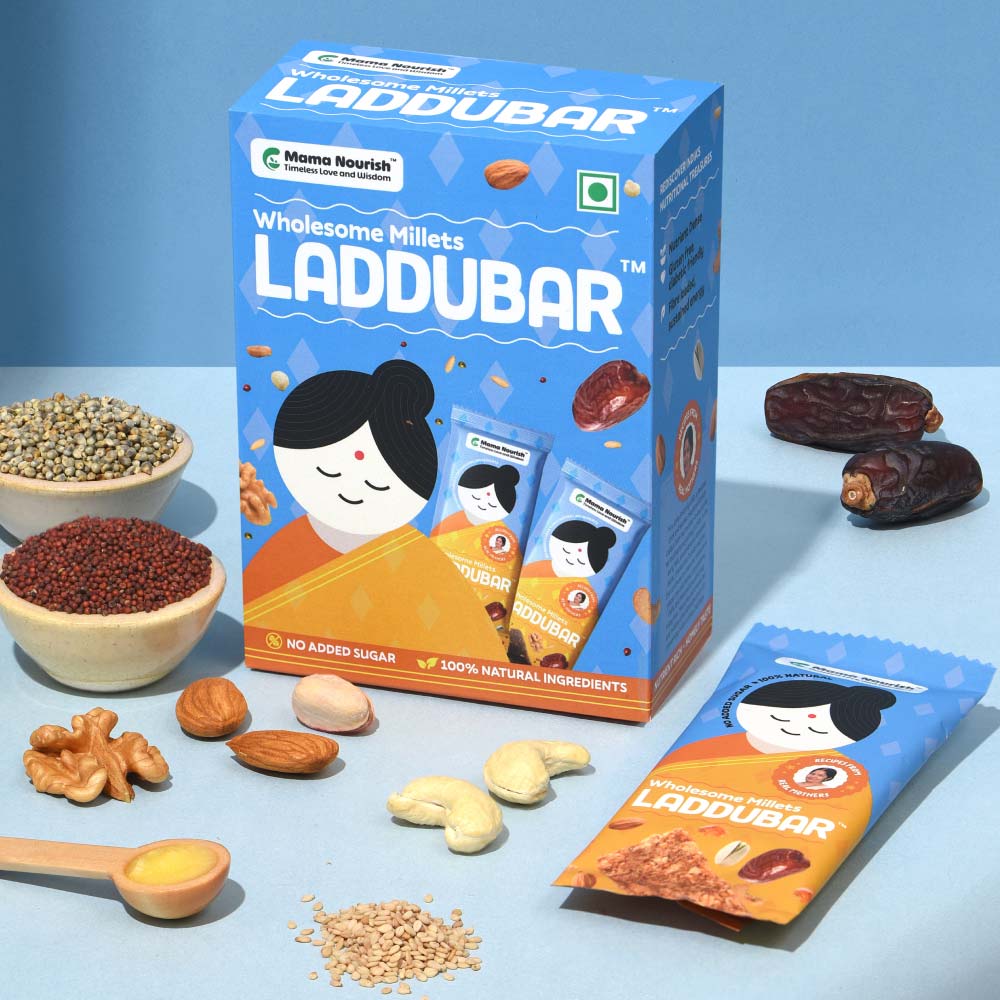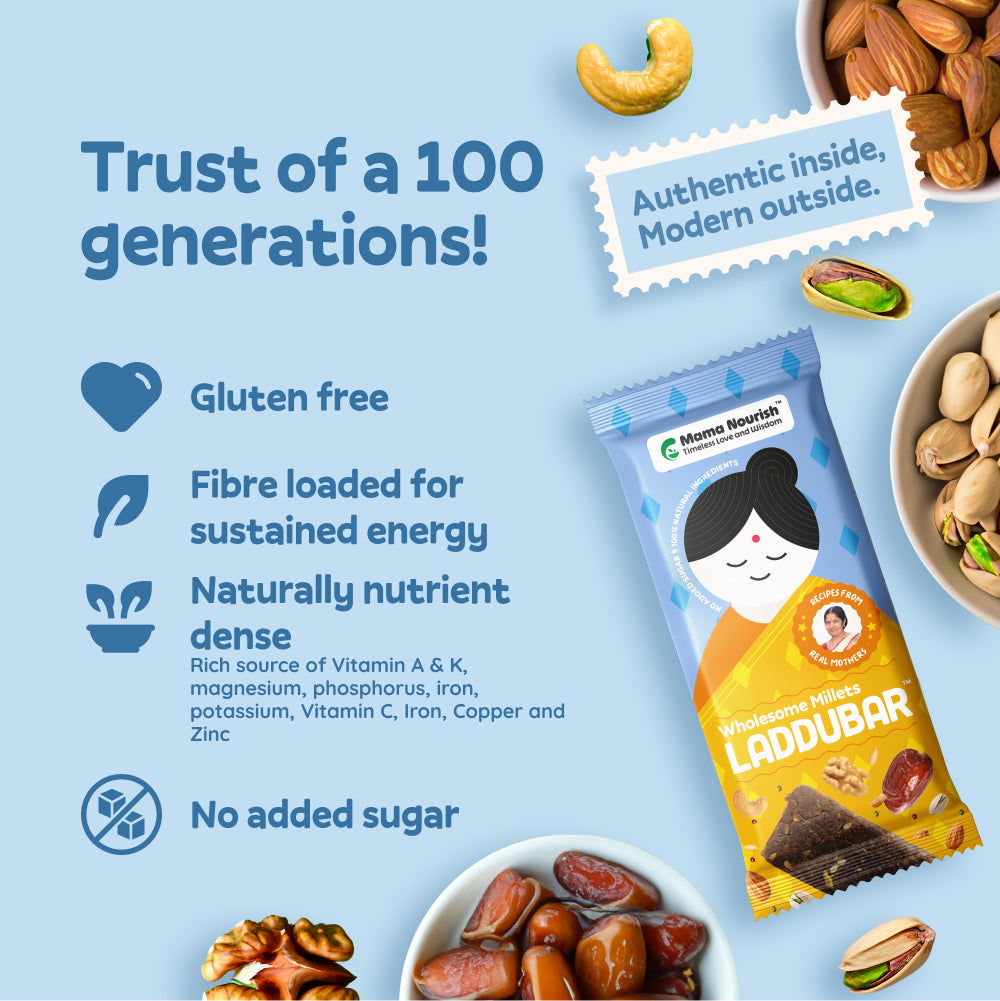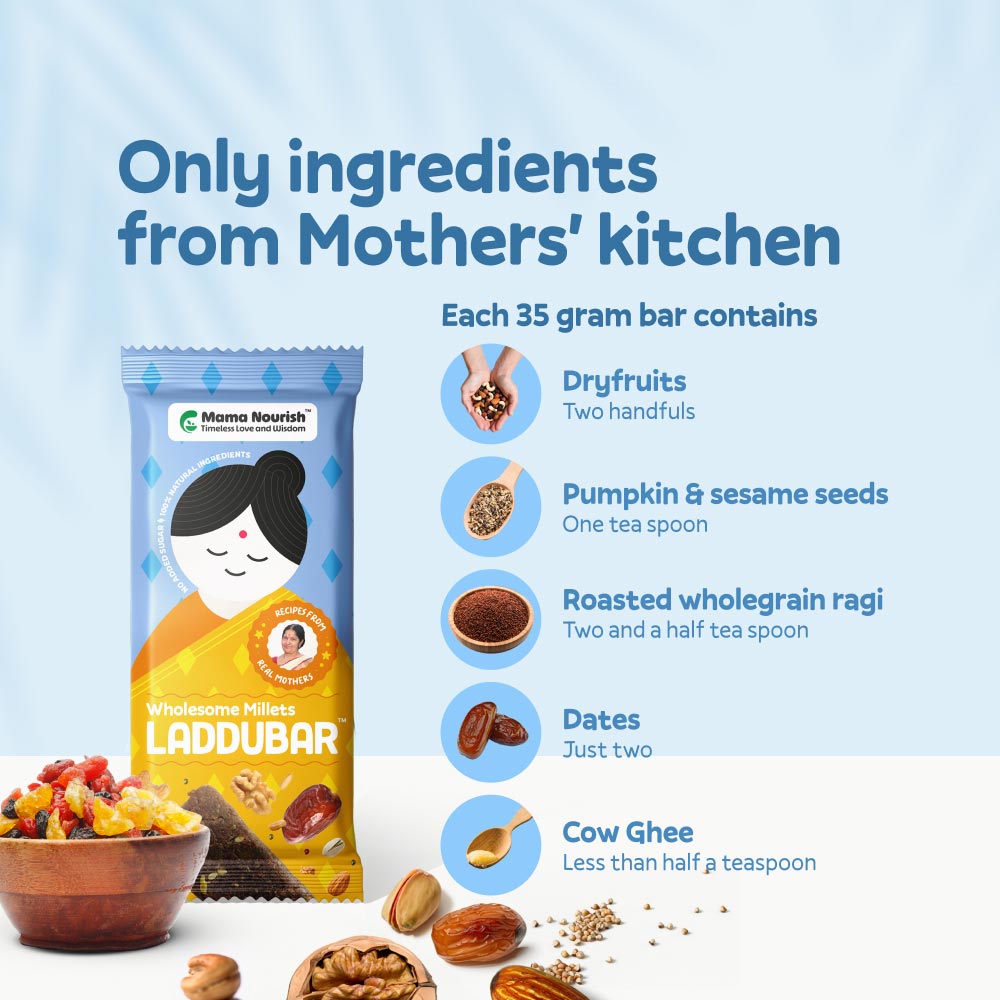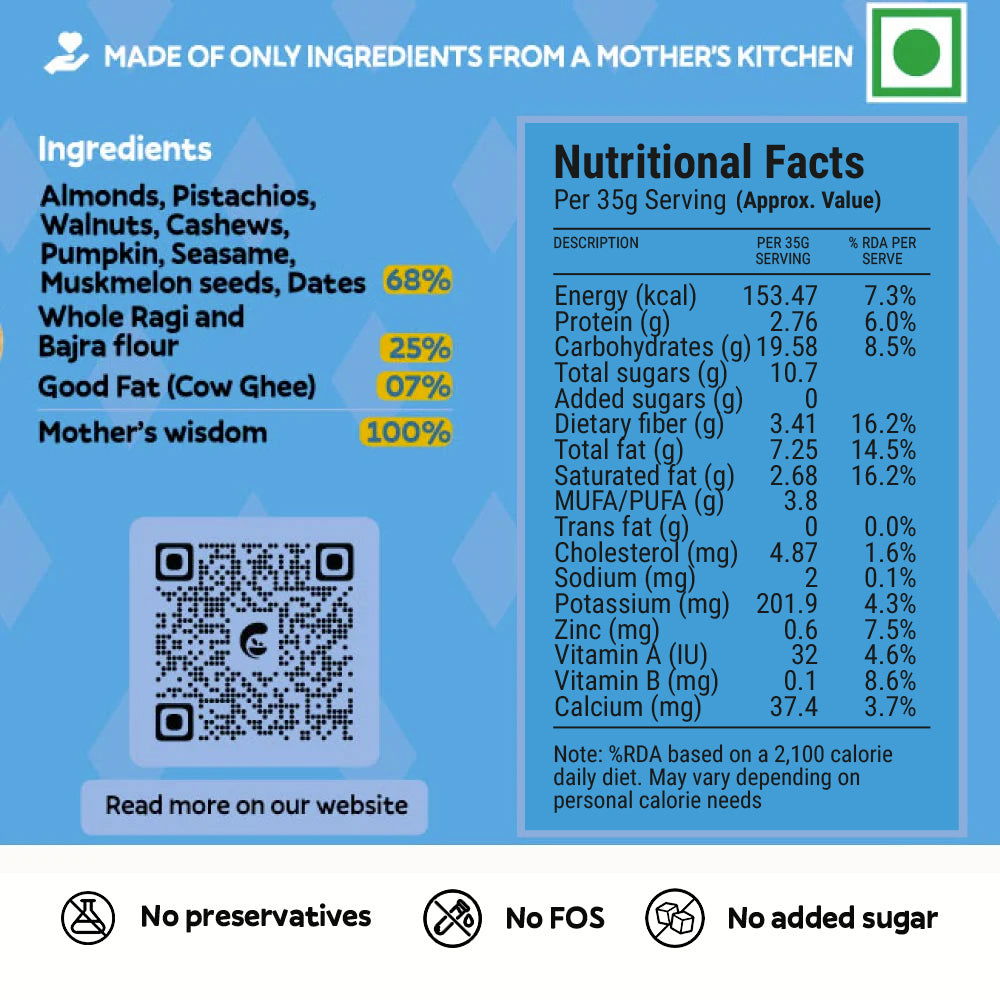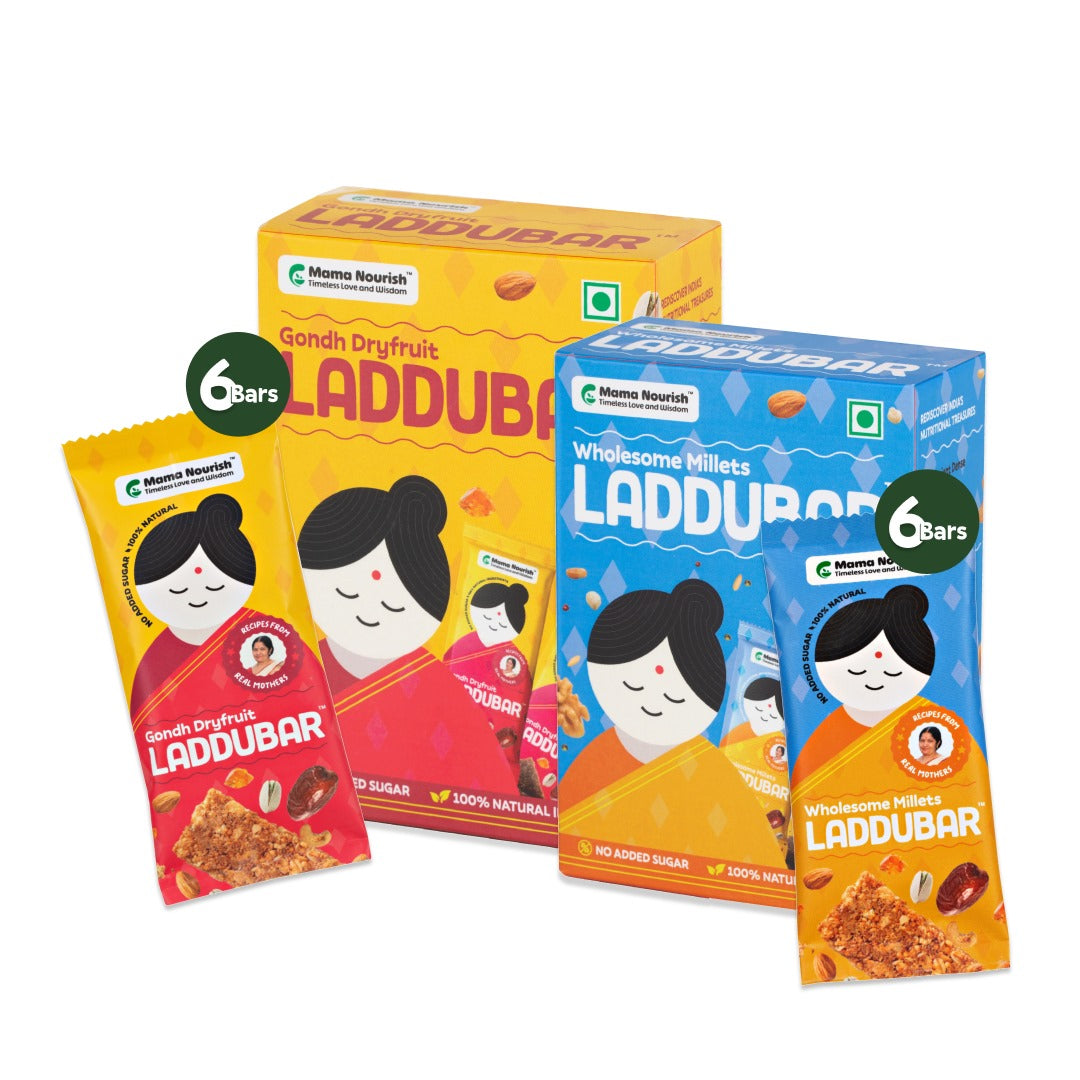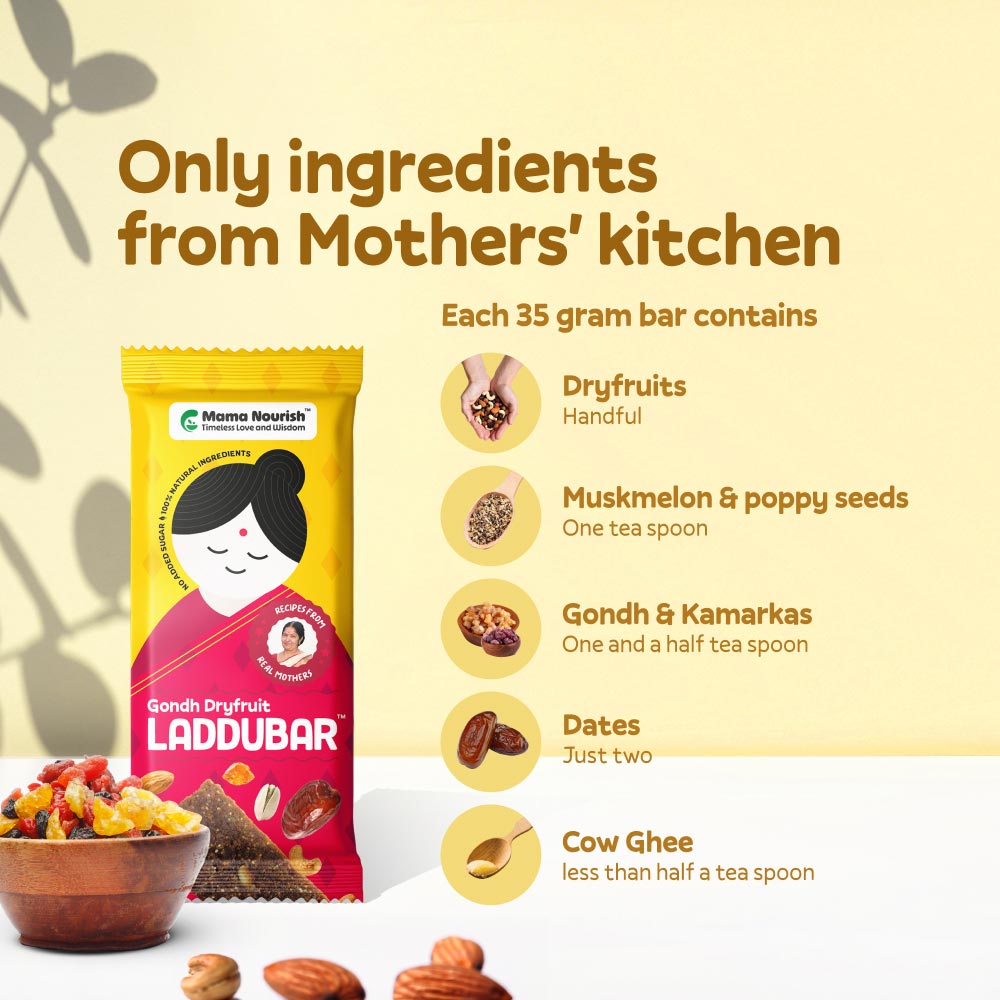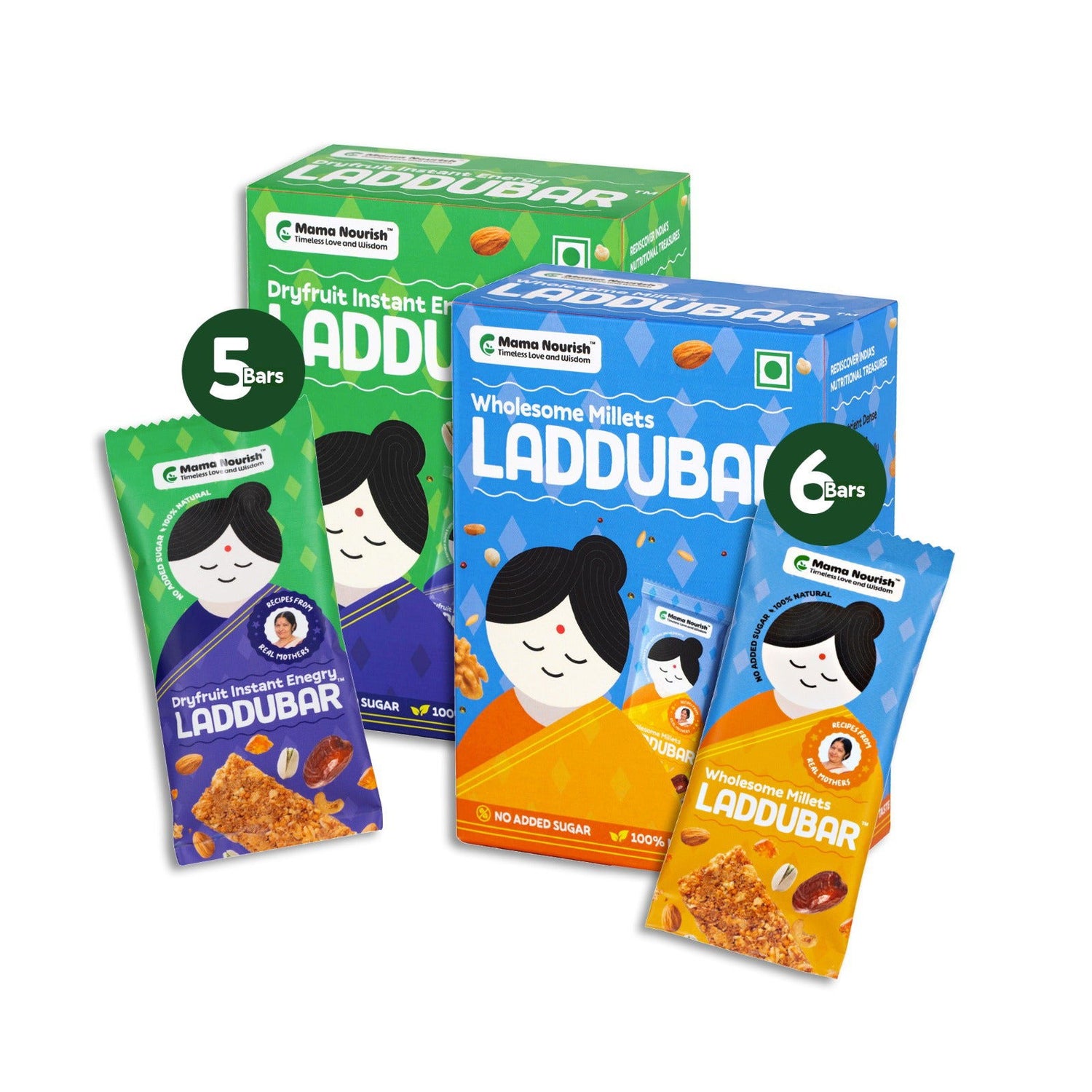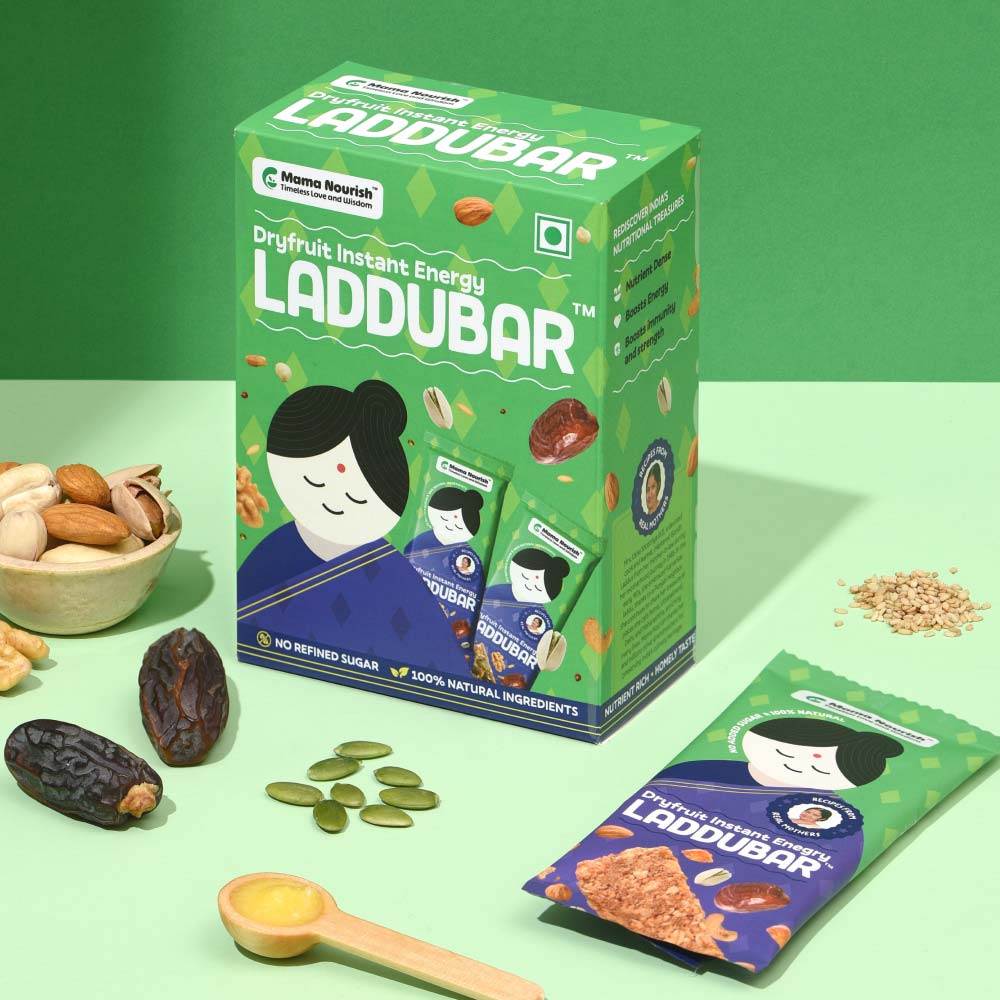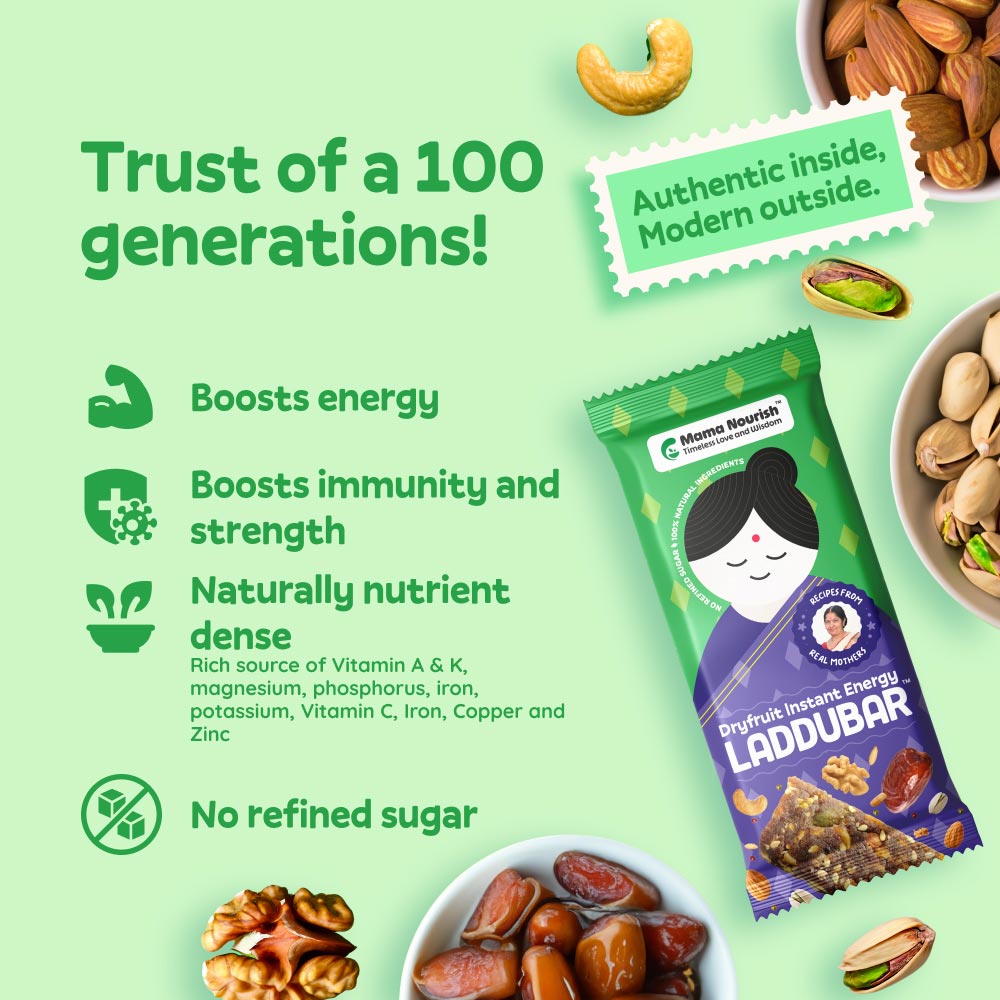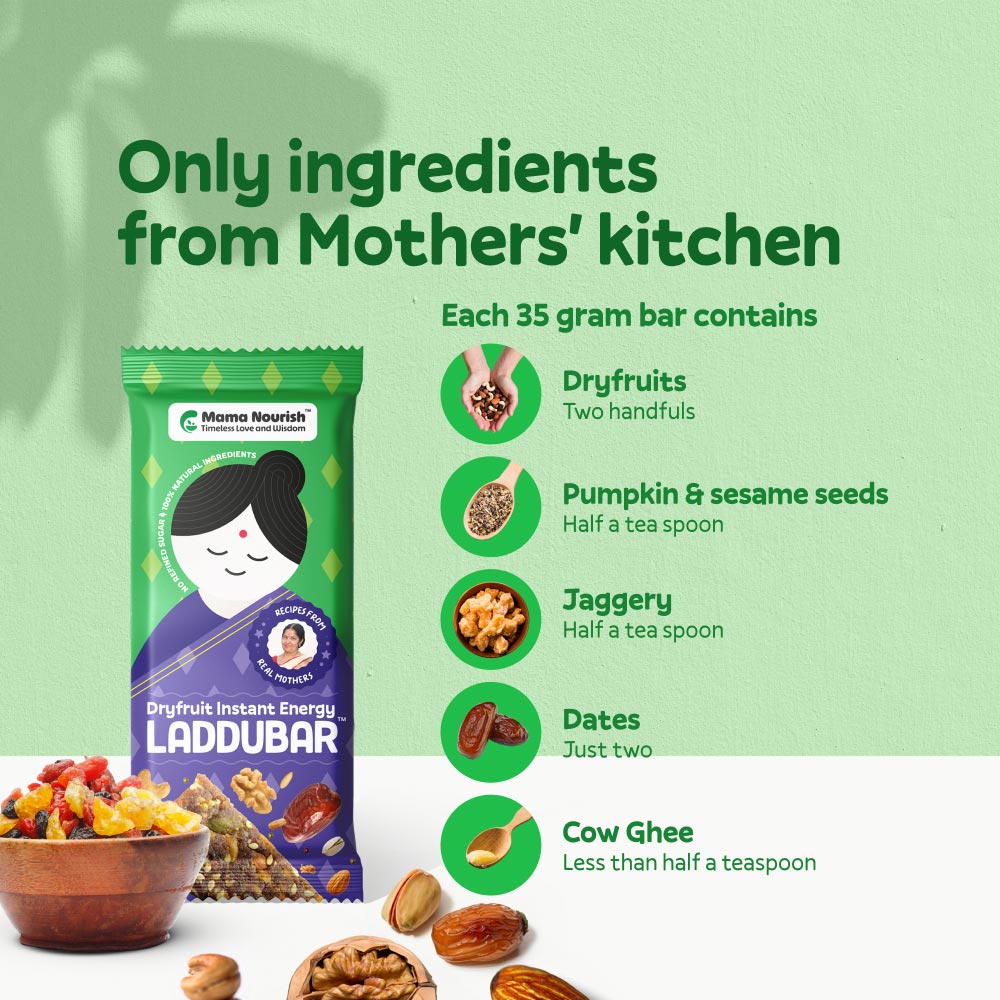Let’s be honest, cravings for junk food are real! Whether it’s crispy French fries or a rich, creamy cupcake, it’s tough to say no sometimes.
However, studies show that indulging in too much junk food can lead to various health issues like obesity, diabetes, heart disease and various types of cancers. Junk food is highly processed food, high in calories, sugar, salt, or unhealthy fats, but has low or no nutritional value. They are definitely tasty on the tongue but tough on the body.
Completely giving them up might seem daunting, but getting addicted to them comes with long-term health issues. So, here's a list of junk food alternatives you can try to gradually reduce your junk food intake without feeling deprived.
1. Baked Sweet Potato Fries Instead of French Fries
French fries are often fried in reused oils containing harmful trans fats, and store-bought ones contain chemical additives like TBHQ. They can cause health risks & weight gain. They have about 312 calories per 100g.
Baked sweet potato fries, with 150–180 calories per 100g, are rich in fibre and vitamins and can be prepared with minimal oil and spices for a tasty, nutritious swap.
2. Roasted Makhana Instead of Cheese Puffs/Balls
Cheese puffs contain hydrogenated oils, artificial flavours, chemical preservatives, and around 550 calories per 100g, linked to heart issues and obesity.
Makhana (fox nuts), at about 350 calories per 100g, provides protein, fibre, and a crunchy texture without unhealthy additives, making it one of the best junk food substitutes.
3. Baked Carrot/Beet/Sweet Potato Chips Instead of Potato Chips
Potato chips are deep-fried with unhealthy fats, MSG, and flavour enhancers, chemicals like sodium bisulfite. Bingeing on store-bought potato chips can lead to obesity and hypertension. It's high in calories, 536 calories per 100g.
Baked vegetable chips have roughly 120–140 calories per serving, are rich in antioxidants and fibre, and make a satisfying crunchy snack.
4. Air-Popped Popcorn Instead of Oil-Popped & Buttered Popcorn
Regular popcorn often contains butter, hydrogenated oils, and salt, adding unnecessary fats and calories. The oil-popped ones have around 50 calories, but they go up for Buttered popcorn, around 80 calories. The additional flavoured ones will have even higher calories.
Air-popped popcorn has only about 31 calories per cup, making it a light, guilt-free, crunchy snack.
5. Whole Grain Crackers Instead of Regular Crackers
Most store crackers use refined flour and unhealthy fats with preservatives like TBHQ. Regular crackers have around 500 calories per 100g.
Instead, go for Whole grain/ whole wheat, seeds or millet crackers as healthy snacks to replace junk food. They are packed with nutrients & fibre but come with fewer calories.
6. Dry Fruits Instead of Candies & Toffees
Candies are loaded with refined sugars, maltodextrin, high-fructose corn syrup, artificial colours like Red 40, Yellow 5, Yellow 6, and no nutrition, packing 450–500 calories per 100g. Regular consumption can lead to tooth decay, weight gain, and blood sugar spikes that leave you feeling drained.
Dry fruits like dates (~280 calories per 100g) and nuts offer natural sweetness, fibre, healthy fats, and essential nutrients. Nuts like almonds add healthy fats and protein that keep you full longer.
7. Homemade Sugar-Free Fruit Sorbet Instead of Ice Cream
Traditional ice cream is often loaded with added sugar, saturated fat, dairy, and additives like titanium dioxide, allyl acetate, benzyl acetate, etc., making it high in calories. Over time, it can contribute to weight gain, high cholesterol, and blood sugar spikes.
Typically contains 200–250 calories per 100g, plus added sugars and fats. In contrast, a homemade sorbet made with just blended frozen fruit and a splash of lemon juice has fewer calories and no added sugar or dairy. Sorbets are easy to make at home with ingredients like mango, berries, bananas, or watermelon. Just blend and freeze — no cream or sugar is needed.
8. Fruit Skewers Instead of Lollipops
Lollipops are fun, colourful, and sweet, but they’re basically just flavoured sugar on a stick. They offer no nutrition, can damage your teeth, and are often loaded with artificial colours and flavours. Over time, these sugar hits can add up, contributing to cavities and unhealthy cravings.
A standard lollipop has about 60–80 empty calories, all from refined sugar. In contrast, fruit skewers made from bite-sized pieces of grapes, melon, pineapple, or strawberries offer natural sweetness, fibre, vitamins, and hydration, with fewer calories and far more health benefits. You can even chill them for an extra refreshing treat.
9. Homemade Sugar-Free Whole Grain Muffins Instead of Cupcakes
Cupcakes are soft, sweet, and comforting — but they’re made with refined flour, sugar, and frosting, making them high in empty calories. The frosting alone adds 150–200 calories, mostly from powdered sugar, butter/margarine, and artificial colours (like Red 40 or Yellow 5). Powdered sugar spikes blood sugar instantly.
Muffins, made with whole wheat or oats, mashed bananas or dates, offer the same baked comfort at nearly half the calories, plus fibre, vitamins, and no sugar crash. They're a nourishing treat for both kids and adults — without the junk.
10. Date and Nut Energy Balls Instead of Doughnuts
Doughnuts contain lots of refined sugar, refined flour, unhealthy fats, artificial colours, flavours & preservatives, with Glazed ones having about 300-400 empty calories per serving. With more coatings, the calories go up again.
Date and nut balls are nutrient-dense, naturally sweet, high in fibre, healthy fats, and protein — a wholesome energy boost. They have around 150 calories per serving.
11. Homemade Frozen Fruit Yoghurt Bars/Fruit Popsicles Instead of Store-Bought Popsicles
Store-bought popsicles/ ice lollies are high in refined sugar. They contain high fructose corn syrup, artificial colours, and preservatives.
Homemade Frozen Fruit Yoghurt Bars are made with real fruit, natural yoghurt, and no added sugar. These creamy bars offer protein, probiotics, and calcium while keeping calories low.
Homemade Fruit Popsicles are another option. Lemon mint, watermelon basil, mango chilli, strawberry coconut, and cucumber lime popsicles are all refreshing, naturally sweetened, and perfect for a healthy cool-down.
12. Nut Bars Instead of Chocolate Bars
Many chocolate bars are high in refined sugar, fat and calories. White chocolate contains no cocoa solids — just sugar, milk fats, and emulsifiers like PGPR and soy lecithin. Dark chocolate may contain heavy metals like lead and cadmium, especially in high-cocoa-content bars. Heavy metals enter chocolate when the cacao plant absorbs cadmium from contaminated soil, and lead settles on beans during post-harvest handling and drying. These harmful metals can accumulate in our bodies over time. A single bar can contain 200–250 calories, most of it from sugar and saturated fats
Go for a nut bar with 150-160 calories, made with dates, nuts like walnuts, Almonds, Pistachios, cashews, etc, and a dash of natural spice like cardamom. These bars are naturally sweet, rich in fibre, healthy fats, and minerals, and free from artificial chemicals. They satisfy sweet cravings while offering real nourishment and long-lasting energy.
13. Seeds & Dry Fruit Burfi/ Mini Bars Instead of Brownies
Brownies are rich and indulgent, but they are made with refined flour, sugar, sometimes making up to more than 50%, butter, and additives like artificial vanilla, shortening, emulsifiers, and preservatives. Some also include hydrogenated oils and dextrose, pushing calories to 300–400 per piece, mostly from sugar and saturated fats.
Barfies made with dates, almonds, seeds, and a pinch of spices are naturally sweet, rich in fibre and good fats. Use unsweetened powdered dry fruits and minimal ghee to make them lighter, nutrient-dense, and refined-sugar-free.
14. Sugar-Free Coconut Laddu Instead of Cookies/Cream Biscuits
Commercial cookies are high in refined flour, unhealthy fats, calories and chemical additives. 1 cookie can have 10g of refined sugar or more, depending on the type. It can go up for cream biscuits with added flavours.
Coconut laddus made from natural ingredients—grated coconut, dates or jaggery, nuts, and a touch of cardamom- are high in fibre, healthy fats, and free of refined sugars and preservatives.
15. Veggie Noodles Instead of Instant Noodles
Instant noodles are a fast and tempting meal, but they come with a cost. Made with refined flour (maida), palm oil, and chemical-filled seasoning packs, they often contain preservatives like TBHQ, MSG, and anti-caking agents. They’re also high in sodium and low in nutrients — a recipe for long-term health issues.
A single pack of instant noodles can carry 400–500 empty calories, while veggie noodles are low in calories, high in fibre, and packed with antioxidants and hydration. Sprouts with spiralised or shredded zucchini, squash, or cabbage lightly sautéed with garlic, herbs, and olive oil make for a nourishing, colourful bowl, with zero preservatives and all-natural crunch.
16. Poha Instead of Sugary Cereals
Packaged cereals are often packed with refined grains, added sugars, and artificial colourants, offering little nutrition and causing blood sugar spikes. One serving can have 150–200 calories, mostly from sugar or refined ingredients.
A light Indian breakfast made from flattened rice –poha is low in fat, easy to digest, 130–150 calories per serving, and provides fibre, iron, and complex carbs—a wholesome, natural start to your day.
17. Noolappam/Idiyappam (String Hoppers/Steamed rice flour noodles) instead of Store-Bought Pasta
Packaged pasta is often made from refined wheat (maida) and contains preservatives like sodium benzoate or additives like disodium phosphate in ready-to-cook versions. A serving can deliver 200–300 empty calories, and regular consumption may contribute to weight gain, blood sugar spikes, and digestive issues. Plus, pasta sauce contains refined sugar & other additives.
Noolappam is a traditional South Indian dish made from steamed rice flour noodles, served with vegetable curry or dal. Naturally gluten-free, low in fat, and minimally processed, it's a gentle, nourishing alternative to heavy pasta meals.
18. Vegetable Uttappam Instead of Sugary Pancakes
Regular pancakes are made with refined flour, sugar, and artificial syrup & often fried in butter or oil, offering little nutrition and a lot of empty calories. A sweet breakfast leads to raised blood sugar and later energy crashes.
Uttappam, a thick mini dosa made from fermented rice and urad dal batter, are easy to digest and more filling than pancakes. Topped vegetables add fibre & vitamins; You can cook them with minimal oil. A savoury breakfast that won’t spike your blood sugar. You can even make it with a millet base.
19. Whole Grain Vegg Patty Burger Instead of Fast Food Burger
Fast food burgers often contain refined flour buns, processed meats, cheese, and additives like sodium nitrite and artificial flavours. One burger can deliver 400–600+ calories, with high sodium and unhealthy fats, increasing the risk of obesity, heart disease, and insulin resistance.
Swap it for a whole grain bun filled with a homemade veggie patty (made from beans, lentils, or sweet potato) and fresh veggies. It’s fibre-rich, lower in saturated fat, and far more nutrient-dense alternatives to fast food.
20. Whole Grain Veggie Pizza Instead of Regular Pizza
Regular pizza is made with refined flour, processed cheese, and sodium-heavy, highly processed sauces high in refined sugar & chemical additives. Plus has around 250–400+ calories per slice.
Swap it for a whole grain pizza with thin crust. Using thin whole grain crust/wheat or cauliflower crust, fresh veggies, light cheese, and homemade sauce, you can achieve better nutrient content.
21. Baked Tofu Instead of Nuggets
Commercial nuggets include processed meat, refined starches, additives, and are fried in reused oils, with 250–300+ calories.
Baked tofu nuggets coated in whole grain flour and spices offer a protein-rich, low-fat, additive-free healthy snacks to replace junk food nuggets.
22. Homemade Fruit Juice Instead of Store-Bought Juice
Store-bought fruit juices may seem like a healthier choice, but most are not. They often contain added sugar, artificial flavours, and preservatives and are usually made from concentrates, stripping away most of the fibre. Despite fruity packaging, they can be nearly as sugary and processed as soft drinks. A glass of store-bought juice can contain 25–30g of sugar, offering little real nutrition.
In contrast, homemade fruit juice is free from chemicals and preservatives. It delivers natural vitamins, antioxidants, and enzymes, especially when made with fresh fruits and served with pulp for added fibre. A wholesome, hydrating alternative without the hidden sugar and additives.
23. Sparkling Water with Lemon/Fruit Instead of Soda
Sodas contain high-fructose corn syrup, phosphoric acid, caffeine, and artificial colours, with 140 calories and around 39g sugar per can, promoting weight gain and insulin resistance.
Sparkling water with natural fruit infusion—with a squeeze of lemon, orange slices, or berries offers fizz without sugar or additives.
24. Homemade Smoothies Instead of Milkshakes
Milkshakes are loaded with ice cream, syrups, sugar, and additives, containing 500–800 calories.
Smoothies made with fresh fruit, milk or plant-based milk, and no added sugar provide fibre, vitamins, and sustained energy.
25. Coconut Water/Matcha Instead of Energy Drinks
Energy drinks are loaded with caffeine, sugar, artificial sweeteners, and additives like taurine, guarana, and synthetic B-vitamins. A single can may contain 100–200+ calories and cause jitters, dehydration, and heart strain with frequent use.
Coconut water naturally hydrates with electrolytes and no added sugar, while matcha green tea provides a gentle caffeine boost with antioxidants. Both are refreshing, low-calorie, and free from synthetic chemicals.




















